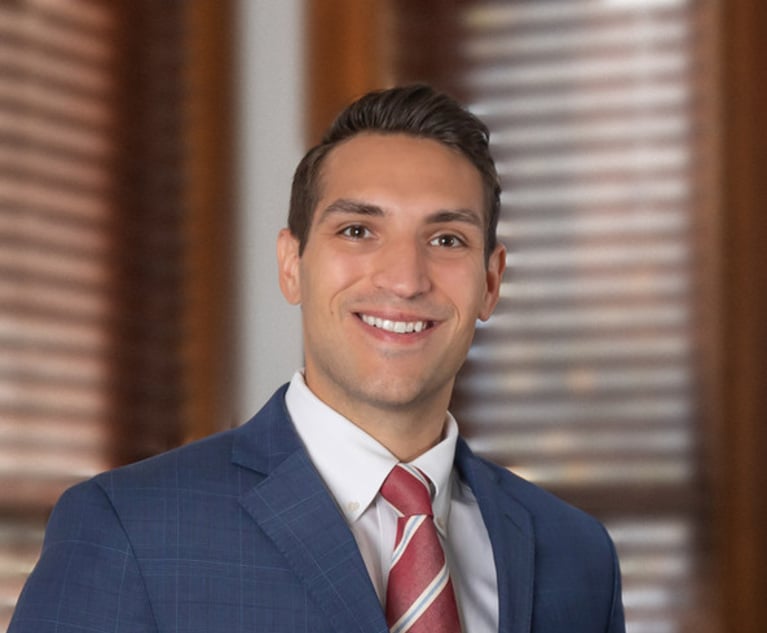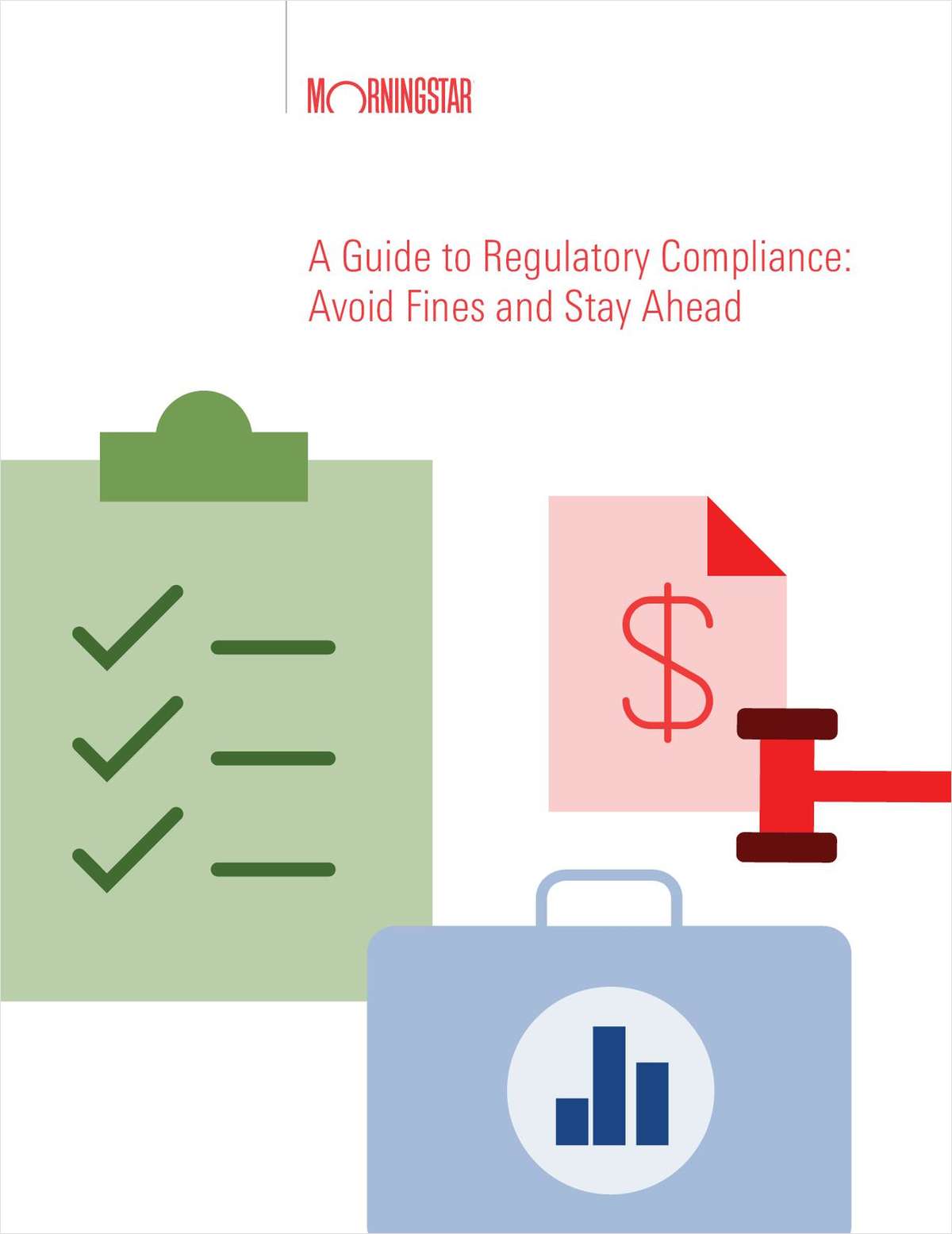 Connecticut Attorney General William Tong.
Connecticut Attorney General William Tong.Connecticut Joins in Fight Over Asylum Rule
The rule, announced by Trump officials in July, makes most migrants who pass through a third country before arriving at the U.S.-Mexico border ineligible for asylum, by requiring them to seek asylum first in another country.
August 16, 2019 at 02:04 PM
4 minute read
Topping off a week in which Connecticut Attorney General William Tong publicly opposed Trump administration policies on the U.S. Census, power generation, health care and gun safety, the state AG’s Office announced Friday it was also joining a multistate coalition opposing an attempt to set new limits for asylum seekers.
The rule, announced by Trump officials in July, makes most migrants who pass through a third country before arriving at the U.S.-Mexico border ineligible for asylum, by requiring them to seek asylum first in another country.
U.S. District Judge Jon S. Tigar of the Northern District of California placed a temporary block on the rule Friday, but that injunction was scaled down in a divided ruling from the U.S. Court of Appeals for the Ninth Circuit, which rejected a stay sought by the Justice Department but decided the block could not be applied nationally but only to Ninth Circuit states.
In the meantime, a letter was sent to the Departments of Justice and Homeland Security from Connecticut, 18 other states and the District of Columbia, urging rescission.
“This cruel and unlawful policy is a dangerous threat to refugees fleeing violence and persecution,” Tong said Friday in support of the letter. “It is an insult to the founding principles of our country and refugee protections we have had in place since World War II. We cannot turn a bureaucratic blind eye to the conditions these individuals are fleeing and circumstances in their home countries, as well as those they pass through to arrive at our door.”
California and Massachusetts led opposition to the Trump administration rule, with states from Maine to Hawaii following suit. The states maintain that the Trump administration rule violates the Immigration and Nationality Act, which affords protections to asylum seekers based on the 1951 Refugee Convention, and sets specific circumstances for denial of asylum, with protections for particularly vulnerable groups.
Opponents of the administration’s new rule also say it violates the Administrative Procedures Act because it was not adequately noticed, and a clear reason for making the rule was not given.
Lee Gelernt, deputy director of the Immigrants’ Rights Project of the American Civil Liberties Union, said the new rule is simply illegal. “The Trump administration is trying to unilaterally reverse our country’s legal and moral commitment to protect those fleeing danger. This new rule is patently unlawful and we will sue swiftly,” he said in a public statement.
A son of Chinese immigrants who said upon his election last year that he would dedicate time to fighting the Trump administration’s “war on America’s immigrants,” Tong has frequently touted the strengths of American cultural diversity. “The truth is, immigrants pay nearly $6 billion in taxes in Connecticut alone and employ over 95,000 people in our state. We cannot afford this reckless violation of law,” he said.
States opposing the rule said the change would have a negative effect on unaccompanied children, LGBTQ applicants and female asylum-seekers, for whom applying for asylum in a third country can be dangerous.
Asylum seekers from Mexico and Guatemala are currently experiencing the greatest difficulty in obtaining asylum, the states reported, and both countries have “inadequate” protections for migrants, who “are often victimized by criminal groups, and in some cases by police, immigration officers, and customs officials.” As many as 60% of women and girls migrating from Central America are raped along the way, according to Amnesty International.
The states said Trump’s asylum rule would also likely negatively impact current populations in the United States. “The states have a significant interest in the rule because every year they welcome thousands of potential asylees who have suffered persecution in their home countries,” they said. “Combined, these six states were home to 68% of the total number of individuals granted affirmative asylum applications in the United States. … As home states to such large numbers of asylees, the states will be greatly affected by the rule.”
Reiterating that a federal court had already found the Trump asylum rule to be “likely illegal,” the states called for withdrawal. “The rule will have damaging and irreparable impact on the states’ current and prospective residents, their families and on the states themselves that must address the damage caused by this policy.”
This content has been archived. It is available through our partners, LexisNexis® and Bloomberg Law.
To view this content, please continue to their sites.
Not a Lexis Subscriber?
Subscribe Now
Not a Bloomberg Law Subscriber?
Subscribe Now
NOT FOR REPRINT
© 2025 ALM Global, LLC, All Rights Reserved. Request academic re-use from www.copyright.com. All other uses, submit a request to [email protected]. For more information visit Asset & Logo Licensing.
You Might Like
View All
High-Low Settlement Agreement 'Does Not Alone Establish Bias:' State High Court Affirms $20M Med Mal Verdict
5 minute readTrending Stories
Who Got The Work
Michael G. Bongiorno, Andrew Scott Dulberg and Elizabeth E. Driscoll from Wilmer Cutler Pickering Hale and Dorr have stepped in to represent Symbotic Inc., an A.I.-enabled technology platform that focuses on increasing supply chain efficiency, and other defendants in a pending shareholder derivative lawsuit. The case, filed Oct. 2 in Massachusetts District Court by the Brown Law Firm on behalf of Stephen Austen, accuses certain officers and directors of misleading investors in regard to Symbotic's potential for margin growth by failing to disclose that the company was not equipped to timely deploy its systems or manage expenses through project delays. The case, assigned to U.S. District Judge Nathaniel M. Gorton, is 1:24-cv-12522, Austen v. Cohen et al.
Who Got The Work
Edmund Polubinski and Marie Killmond of Davis Polk & Wardwell have entered appearances for data platform software development company MongoDB and other defendants in a pending shareholder derivative lawsuit. The action, filed Oct. 7 in New York Southern District Court by the Brown Law Firm, accuses the company's directors and/or officers of falsely expressing confidence in the company’s restructuring of its sales incentive plan and downplaying the severity of decreases in its upfront commitments. The case is 1:24-cv-07594, Roy v. Ittycheria et al.
Who Got The Work
Amy O. Bruchs and Kurt F. Ellison of Michael Best & Friedrich have entered appearances for Epic Systems Corp. in a pending employment discrimination lawsuit. The suit was filed Sept. 7 in Wisconsin Western District Court by Levine Eisberner LLC and Siri & Glimstad on behalf of a project manager who claims that he was wrongfully terminated after applying for a religious exemption to the defendant's COVID-19 vaccine mandate. The case, assigned to U.S. Magistrate Judge Anita Marie Boor, is 3:24-cv-00630, Secker, Nathan v. Epic Systems Corporation.
Who Got The Work
David X. Sullivan, Thomas J. Finn and Gregory A. Hall from McCarter & English have entered appearances for Sunrun Installation Services in a pending civil rights lawsuit. The complaint was filed Sept. 4 in Connecticut District Court by attorney Robert M. Berke on behalf of former employee George Edward Steins, who was arrested and charged with employing an unregistered home improvement salesperson. The complaint alleges that had Sunrun informed the Connecticut Department of Consumer Protection that the plaintiff's employment had ended in 2017 and that he no longer held Sunrun's home improvement contractor license, he would not have been hit with charges, which were dismissed in May 2024. The case, assigned to U.S. District Judge Jeffrey A. Meyer, is 3:24-cv-01423, Steins v. Sunrun, Inc. et al.
Who Got The Work
Greenberg Traurig shareholder Joshua L. Raskin has entered an appearance for boohoo.com UK Ltd. in a pending patent infringement lawsuit. The suit, filed Sept. 3 in Texas Eastern District Court by Rozier Hardt McDonough on behalf of Alto Dynamics, asserts five patents related to an online shopping platform. The case, assigned to U.S. District Judge Rodney Gilstrap, is 2:24-cv-00719, Alto Dynamics, LLC v. boohoo.com UK Limited.
Featured Firms
Law Offices of Gary Martin Hays & Associates, P.C.
(470) 294-1674
Law Offices of Mark E. Salomone
(857) 444-6468
Smith & Hassler
(713) 739-1250













